Supermarket giant Tesco and discounter Aldi have placed limits on fruit and veg purchases, following moves by competitors Morrisons and Asda.
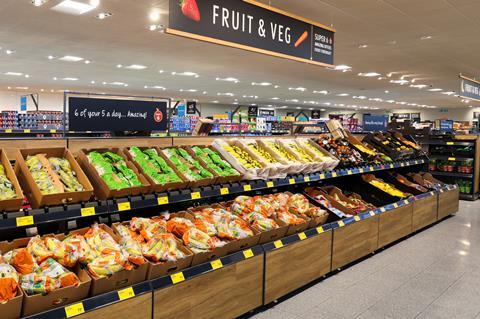
Both Aldi and Tesco have said they are placing a limit of three per customer on sales of tomatoes, peppers and cucumbers.
At the time of publication, Sainsbury’s, Lidl, Waitrose, Marks & Spencer and the Co-op have not announced any similar restrictions.
Tesco said introducing limits was a precautionary measure to ensure customers could get the produce they need.
Aldi blamed poor weather conditions in Europe, which it said had led to industry-wide shortages of a small number of products.
An Aldi spokesman added: “We are limiting purchases of peppers, cucumbers and tomatoes to three units per person to ensure that as many customers as possible can buy what they need.”
British Retail Consortium director of food and sustainability Andrew Opie said: “Difficult weather conditions in the south of Europe and Northern Africa have disrupted harvest for some fruit and vegetables, including tomatoes and peppers.
“While disruption is expected to last a few weeks, supermarkets are adept at managing supply chain issues and are working with farmers to ensure that customers are able to access a wide range of fresh produce.
“In the meantime, some stores are introducing temporary limits on the number of products customers can buy to ensure availability for everyone.”
The announcements come after Morrisons and Asda said they would put restrictions on the sale of certain fruits and vegetables earlier this week.
Asda has limited purchases of tomatoes, peppers, lettuce, salad bags, broccoli, cauliflower and raspberries to three each per customer.
Morrisons said it would impose a restriction of two per customer on products such as cucumbers, lettuce, tomatoes and peppers.
While the grocers have blamed unseasonably cold weather abroad for the shortages, former Sainsbury’s chief executive Justin King blamed soaring energy costs and Brexit for the rationing.
“These are products that we do produce, or in the past have produced, year-round in the UK,” King told radio station LBC.
“North Kent, Thanet, [had] the largest greenhouses in Europe, which used to be full of peppers, cucumbers and tomatoes. But those greenhouses have suffered, really, from two big things.
“I hate to say it, but it’s a sector that’s been hurt horribly by Brexit.”
- Get the latest grocery news and analysis straight to your inbox – sign up for our weekly newsletter






















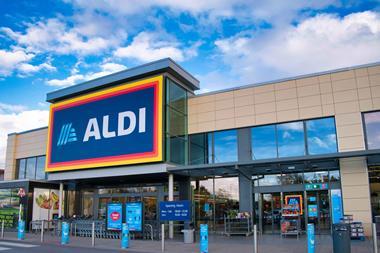
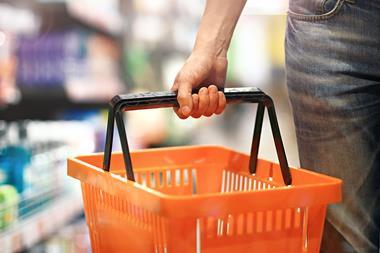
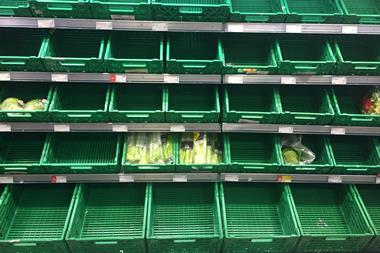
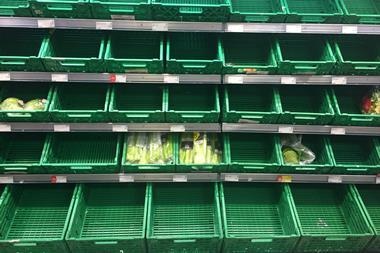
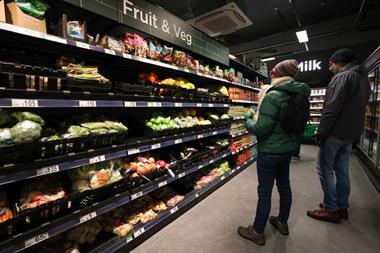
No comments yet